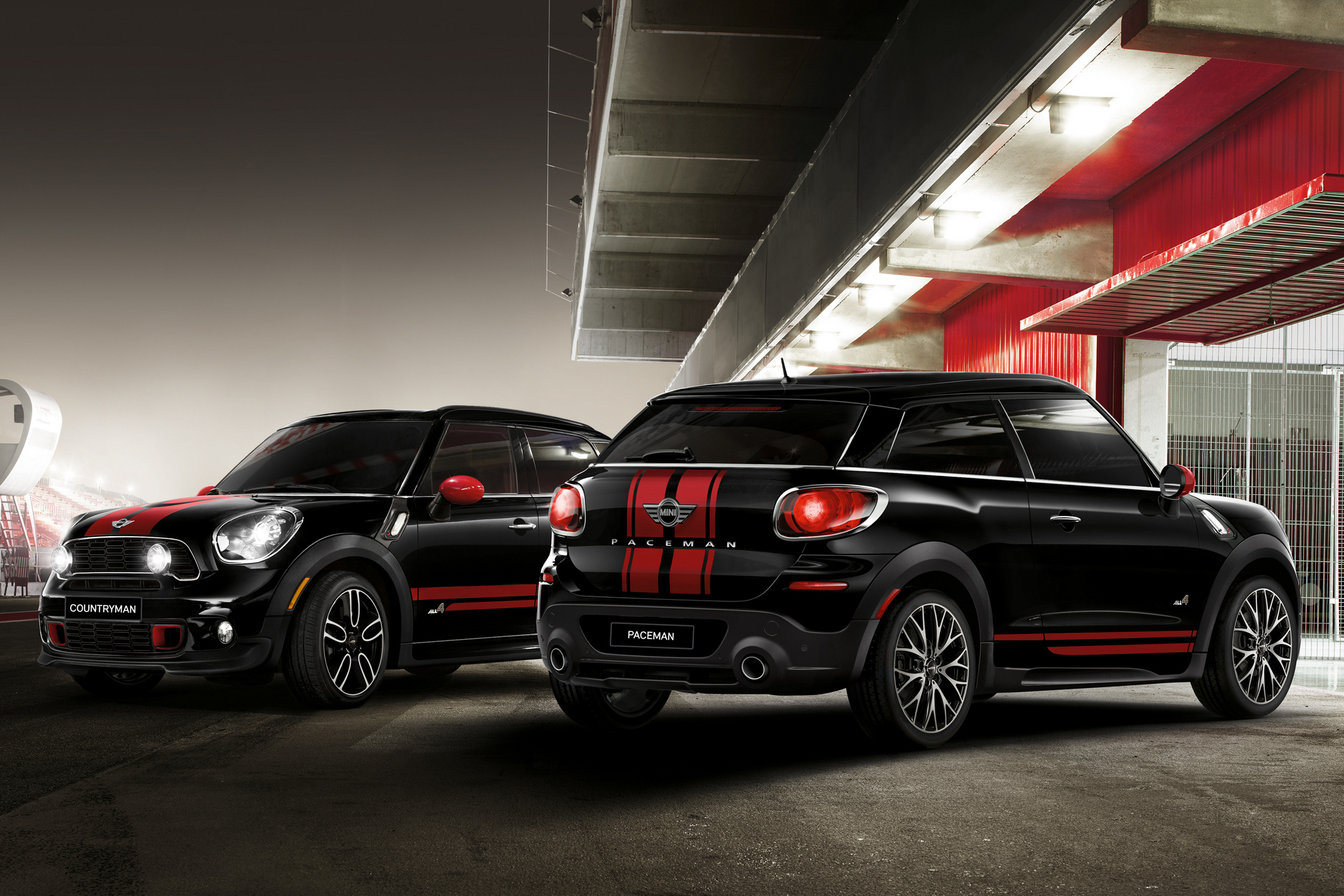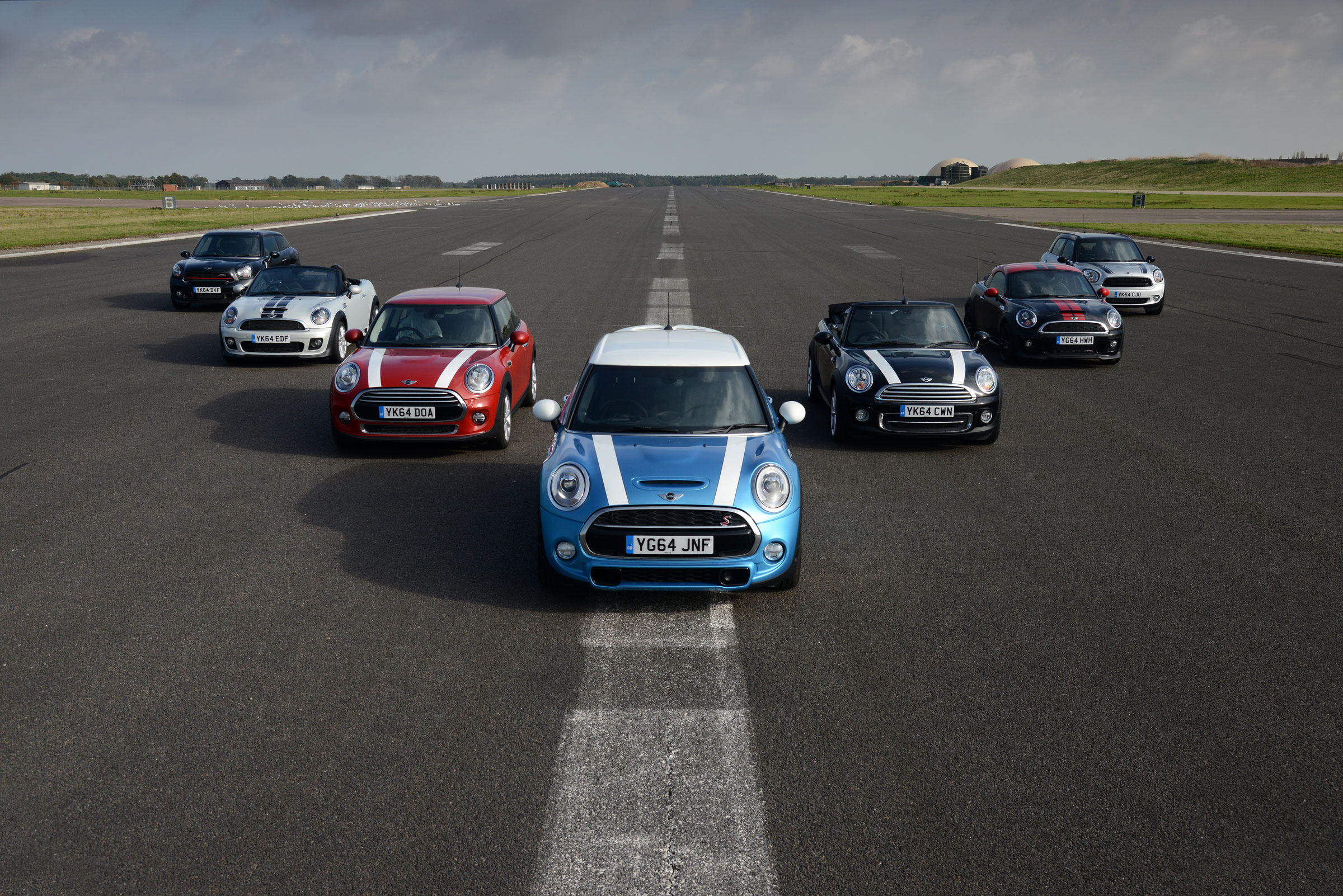Who Owns Mini Cars: The Inside Scoop You Didn’t Know You Needed
Ever wondered who owns mini cars? These pint-sized powerhouses have been turning heads and saving gas for decades, but the story behind their ownership is more fascinating than you might think. From global conglomerates to independent innovators, the mini car industry is a melting pot of creativity, engineering, and business savvy. So, buckle up, because we’re diving deep into the world of mini cars and uncovering the big players behind these tiny wheels.
Let’s face it—mini cars are everywhere. Whether you’re cruising through the bustling streets of Tokyo or navigating the narrow alleys of European cities, these compact rides are hard to miss. But who exactly owns the companies that manufacture these little wonders? Is it some mega-corporation with its hands in every pie, or are there smaller players making waves in the industry? Stick around, because we’re about to break it down for you.
One thing’s for sure—owning a mini car isn’t just about saving space or cutting down on emissions. It’s also about style, efficiency, and sometimes even a touch of rebellion against the gas-guzzling giants. So, whether you’re a car enthusiast, an eco-warrior, or just someone curious about the automotive world, this article’s got you covered. Let’s get rolling!
- Meet The Legends Actors On The Jeffersons Who Shaped Tv History
- Megyn Kelly Family Photos A Closer Look At The Life Beyond The Spotlight
Daftar Isi
Top Mini Car Brands and Their Owners
- Fast Food Restaurants In Billings Mt Your Ultimate Guide To Satisfying Cravings
- Pics George Clooney Twins The Ultimate Guide To The Alist Couples Twin Babies
Environmental Impact of Mini Cars
Economic Benefits of Mini Cars
Challenges Facing Mini Car Owners
Wrapping It Up: Who Owns Mini Cars?
The History of Mini Cars
Mini cars have been around for longer than you’d think. Back in the day, when gas was cheap and roads were wide open, nobody really gave much thought to compact vehicles. But then came the 1950s, and everything changed. The Suez Crisis of 1956 sent shockwaves through the automotive industry, and suddenly, people were looking for ways to save fuel without sacrificing mobility.
Enter the Mini, a little car that became a cultural icon. Designed by Alec Issigonis for the British Motor Corporation (BMC), the Mini hit the market in 1959 and quickly became a sensation. It wasn’t just its size that made it stand out—it was its clever design, affordability, and sheer charm. But who owned BMC back then? Well, that’s where things get interesting.
From BMC to BMW: The Evolution of Ownership
Fast forward a few decades, and BMC had gone through several transformations. It became part of British Leyland, a giant conglomerate that struggled with financial woes and labor disputes. Eventually, the rights to the Mini brand ended up in the hands of BMW, who revitalized the Mini Cooper in 2001. But why did BMW take over, and what does it mean for the future of mini cars? We’ll dive deeper into that later.
Who Really Owns Mini Cars?
Now, here’s the million-dollar question—who really owns mini cars? The answer depends on the brand you’re talking about. While BMW owns the Mini Cooper, other mini cars are manufactured by a wide range of companies, from global giants like Toyota and Honda to smaller, niche players like Tata Motors and Smart.
Here’s the thing: owning a mini car company isn’t just about building small cars. It’s about having the resources, technology, and vision to compete in a rapidly changing market. Companies like BMW and Toyota have deep pockets and decades of experience, which gives them a significant advantage. But smaller players are proving that size doesn’t always matter when it comes to innovation.
Breaking Down the Ownership Landscape
- BMW: Owns the Mini Cooper brand and has been instrumental in bringing the Mini into the modern era.
- Toyota: Through its subsidiary Daihatsu, Toyota is a major player in the mini car market, particularly in Asia.
- Honda: The Honda N-Series is a popular choice for those looking for a reliable, fuel-efficient mini car.
- Tata Motors: Known for its Nano, Tata has made waves in the mini car market with its focus on affordability.
- Daimler: The parent company of Mercedes-Benz, Daimler owns the Smart brand, which specializes in ultra-compact city cars.
Top Mini Car Brands and Their Owners
If you’re in the market for a mini car, you’ve probably heard of a few big names. But do you know who’s pulling the strings behind the scenes? Let’s take a closer look at some of the top mini car brands and their corporate parents.
Mini Cooper: BMW’s Crown Jewel
When most people think of mini cars, the Mini Cooper is the first name that comes to mind. Since BMW acquired the brand in 1994, it has transformed the Mini into a luxury compact car with a cult following. But how did BMW manage to turn a British classic into a global success? It’s all about branding, innovation, and a dash of nostalgia.
Tata Nano: The People’s Car
On the other side of the spectrum, you’ve got the Tata Nano, often referred to as “the people’s car.” Launched in 2009, the Nano was designed to be an affordable option for first-time car buyers in India. While it didn’t achieve the same level of global success as the Mini Cooper, it certainly made a splash in its home market.
The Global Mini Car Market
The mini car market is booming, and for good reason. With urbanization on the rise and environmental concerns becoming more pressing, people are looking for ways to reduce their carbon footprint without giving up the convenience of owning a car. According to a report by Allied Market Research, the global mini car market was valued at $126.5 billion in 2020 and is expected to grow at a CAGR of 4.3% from 2021 to 2030.
But who’s driving this growth? Asia-Pacific leads the pack, thanks to countries like India and Japan, where mini cars are a staple. Europe is also a strong market, particularly for premium mini cars like the Mini Cooper and Smart. Meanwhile, North America is catching up, driven by younger consumers who prioritize sustainability and affordability.
Key Players in the Market
- BMW
- Toyota
- Honda
- Tata Motors
- Daimler
Innovation in Mini Cars
One of the coolest things about mini cars is the level of innovation they bring to the table. From electric powertrains to advanced safety features, these little cars are packed with tech that rivals their larger counterparts. But who’s leading the charge in terms of innovation?
Electric Mini Cars: The Next Big Thing
Electric vehicles (EVs) are all the rage right now, and mini cars are no exception. BMW has already launched the Mini Electric, a zero-emission version of the classic Mini Cooper. Meanwhile, companies like Tata are working on affordable EV options for the masses. It’s a game-changer for the industry, and one that’s likely to accelerate in the coming years.
Environmental Impact of Mini Cars
Let’s talk about the elephant in the room—the environment. Mini cars have a smaller carbon footprint than traditional vehicles, but that doesn’t mean they’re perfect. The materials used in their production, the energy required to manufacture them, and the disposal of batteries all have environmental implications.
That said, mini cars are a step in the right direction. They’re more fuel-efficient, produce fewer emissions, and are easier to park in crowded cities. As the world shifts toward sustainable transportation, mini cars are likely to play an increasingly important role.
Economic Benefits of Mini Cars
From a purely economic standpoint, mini cars make a lot of sense. They’re cheaper to buy, cheaper to run, and cheaper to maintain. For many people, especially those living in urban areas, a mini car is the perfect solution to their transportation needs.
But it’s not just individual consumers who benefit. The mini car industry creates jobs, stimulates innovation, and contributes to the global economy. Companies like BMW and Toyota invest heavily in research and development, which has a ripple effect across the entire automotive sector.
The Future of Mini Cars
So, what does the future hold for mini cars? With advancements in technology, changing consumer preferences, and evolving regulatory landscapes, the industry is poised for growth. Electric mini cars are likely to become more mainstream, and autonomous driving technology could revolutionize the way we think about personal transportation.
But who will own the mini cars of tomorrow? Will it be the same big players we see today, or will new entrants disrupt the market? Only time will tell, but one thing’s for sure—the mini car isn’t going anywhere anytime soon.
Challenges Facing Mini Car Owners
Of course, owning a mini car isn’t without its challenges. Limited space, safety concerns, and higher insurance premiums are just a few of the issues that come with driving a compact vehicle. But for many people, the benefits outweigh the drawbacks.
Manufacturers are working hard to address these challenges. New materials, advanced safety features, and clever design solutions are helping to make mini cars safer and more practical than ever before.
Wrapping It Up: Who Owns Mini Cars?
So, there you have it—the inside scoop on who owns mini cars. From BMW’s Mini Cooper to Tata’s Nano, the mini car industry is a fascinating blend of big business and grassroots innovation. Whether you’re a fan of luxury compacts or budget-friendly runabouts, there’s something for everyone in the world of mini cars.
As we look to the future, one thing’s for sure—mini cars will continue to play an important role in shaping the way we move. So, if you’re thinking about joining the mini car revolution, now’s the time to take the plunge. And don’t forget to share your thoughts in the comments below or check out our other articles for more insights into the automotive world!
- Janet Weiss The Heartbeat Behind Some Of Rocks Greatest Drums
- Parks And Recreation Cast The Ultimate Guide To Your Favorite Pawnee Stars

Who Owns MINI Cooper Car Company? Carrrs Auto Portal

Mini development story how BMC made the groundbreaking small car

How many MINIs? The MINI range reviewed Auto Express